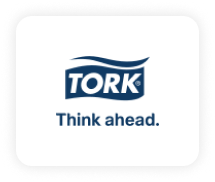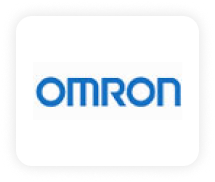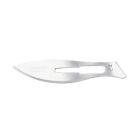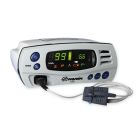The Importance of Regularly Maintaining Your Medical Equipment

Medical equipment plays a vital role in keeping people healthy and safe. From simple blood pressure monitors to complex ventilators, these tools help doctors and nurses provide the best care possible. However, like any machine, medical equipment needs regular care and attention to work properly.
Think of medical equipment like a car. You wouldn't drive your car for years without changing the oil or checking the tyres. The same goes for medical devices. Regular maintenance keeps them running smoothly and safely.
Why Medical Equipment Needs Care?
Medical equipment works hard every day. X-ray machines, blood pressure monitors, and heart rate devices all need regular checks. Without proper care, these machines can break down or give wrong readings.
Think of your medical equipment like a car. You wouldn't skip oil changes or ignore strange noises. The same goes for medical devices. They need regular tune-ups to stay in good shape.
Safety Comes First
Patient safety is the most important reason to maintain medical equipment. Broken or poorly maintained devices can hurt people. A faulty blood pressure monitor might give wrong readings. This could lead to wrong treatment decisions.
Regular maintenance helps catch problems early. Small issues can be fixed before they become big dangers. This keeps patients safe and gives doctors accurate information.
Saving Money in the Long Run
Good maintenance saves money over time. It's cheaper to fix small problems than to replace entire machines. Regular care helps equipment last longer, too.
When medical equipment breaks down suddenly, it costs more to fix. Emergency repairs are expensive. They also mean the equipment can't be used when patients need it.
A good medical equipment supplier can help you plan maintenance schedules. They know when different parts need checking or replacing. This planned approach costs less than waiting for breakdowns.
Better Performance Every Day
Well-maintained medical equipment works better. It gives more accurate results and runs more smoothly. This helps doctors make better decisions about patient care.
Clean, well-serviced equipment also looks more professional. Patients feel more confident when they see equipment that's obviously well cared for.
Following the Rules
Healthcare has strict rules about equipment safety. Regular maintenance helps you follow these rules. Many countries require proof that medical equipment is properly maintained.
Keeping good maintenance records is important. These records show that you're following safety rules. They also help when equipment needs warranty work.
What Good Maintenance Looks Like
Good maintenance starts with a plan. Each piece of medical equipment needs different care. Some need daily cleaning, others need monthly checks.
Your medical equipment supplier should provide maintenance guides. These guides tell you what to check and when. They also explain warning signs to watch for.
Training your staff is crucial, too. Everyone who uses the equipment should know basic care steps. They should also know when to call for professional help.
Working with Your Medical Equipment Supplier
A good medical equipment supplier does more than just sell equipment. They provide ongoing support and maintenance services. They can set up regular service visits and provide emergency repairs.
Choose a supplier who understands your needs. They should offer training for your staff and a quick response when problems happen. Good suppliers also keep spare parts in stock.
Building a strong relationship with your medical equipment supplier helps ensure your equipment stays in top condition. They become partners in keeping your patients safe.
Creating a Maintenance Schedule
Every healthcare facility needs a maintenance schedule. This schedule should list all equipment and when it needs checking. Different devices need different types of care.
Some equipment needs daily cleaning and basic checks. Other devices might need weekly or monthly inspections. Complex machines often need quarterly or yearly professional service.
Keep your schedule simple and easy to follow. Use calendars or computer systems to track when maintenance is due. This helps ensure nothing gets forgotten.
The Bottom Line
Regular maintenance of medical equipment isn't optional - it's essential. It keeps patients safe, saves money, and helps equipment work better. Good maintenance also helps you follow important safety rules.
Work with your medical equipment supplier to create a solid maintenance plan. Train your staff well and stick to your schedule. Your patients, your budget, and your equipment will all benefit from this care and attention.
Remember, medical equipment is only as good as the care it receives. Make maintenance a priority, and your equipment will serve you well for years to come.
 Offers
Offers

































